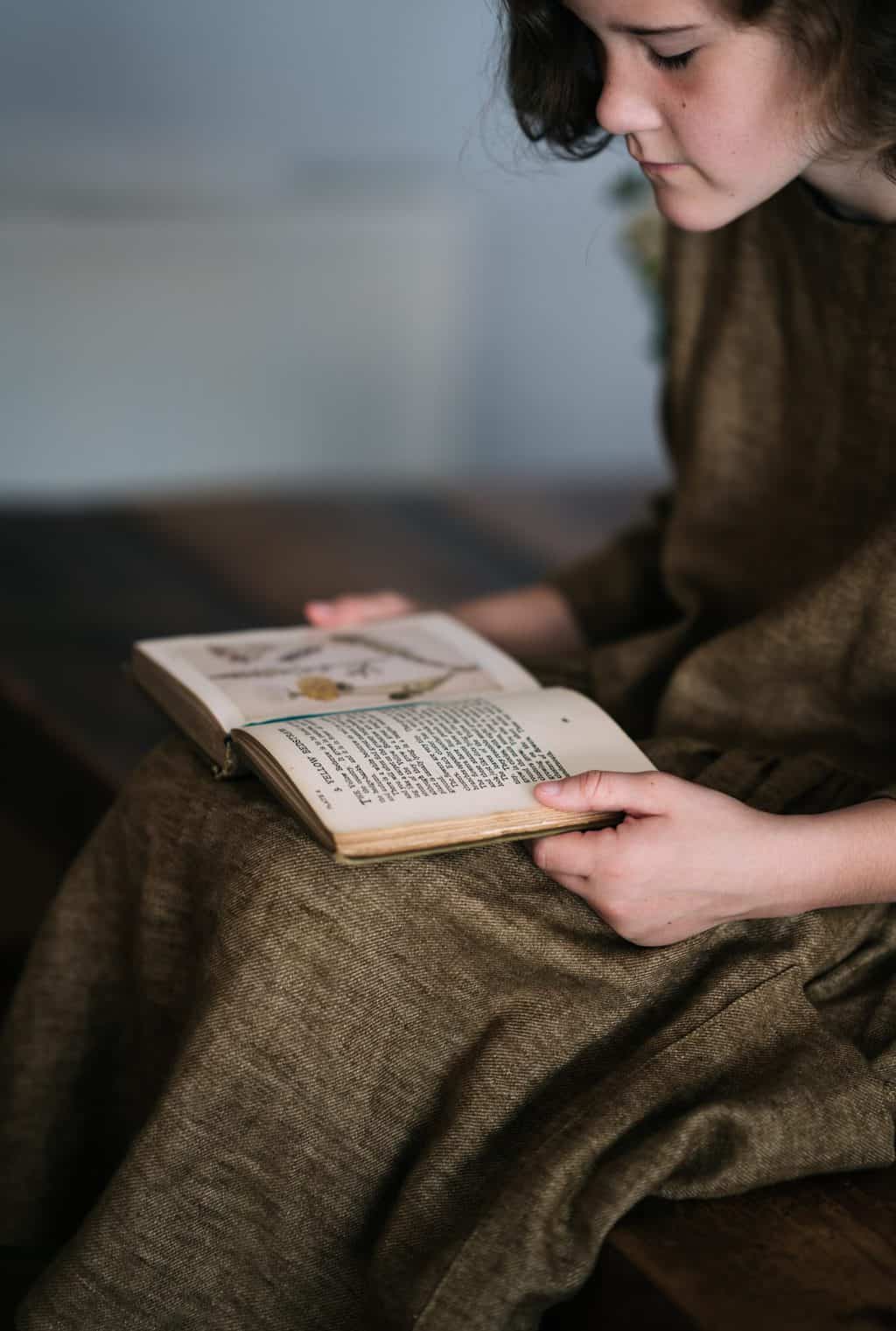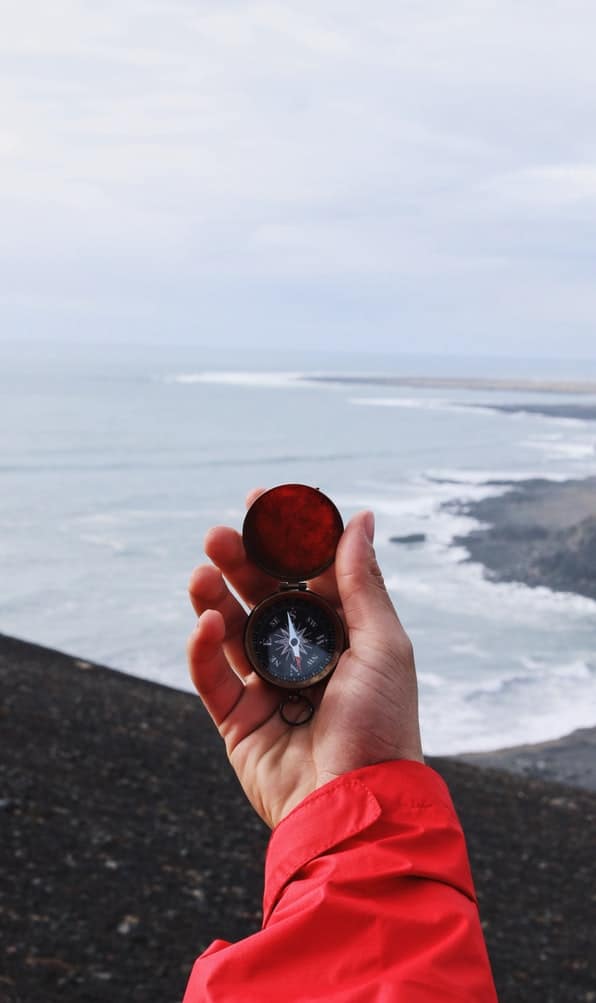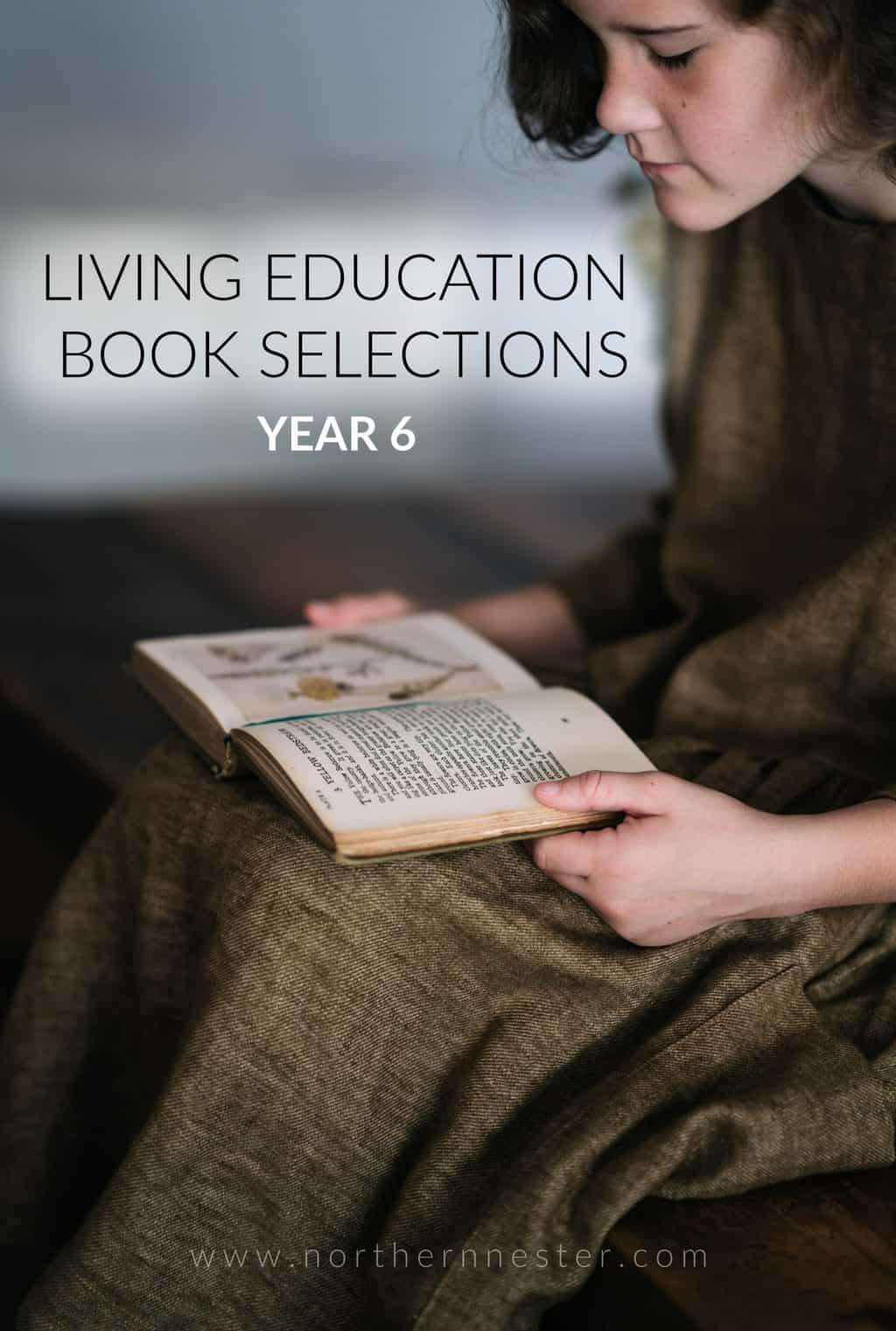It’s been a few years since I’ve shared our curriculum choices;
- partly because of my own insecurities (anyone else get plagued with self-doubt, unsure if you’re “covering all the bases,” doing too much, or too little?),
- partly because the comparison trap is real, and I don’t want to be responsible for laying one that someone else falls into,
- and partly because the beauty of homeschooling is that it’s so individualized!
What works for one child may not work for another. Even in our own family, there are enormous differences between how each of our six children learn, and all of them have varying strengths and interests.
Nevertheless, with predictions of up to a 500% increase in home education this year, we decided to share what we’re planning anyway, with the hope that perhaps someone else may be introduced to something that would be a good fit for their own child. I’ve been helped so much by talking to other homeschooling Moms about what’s working well for them and why.

Caveat: we don’t adhere to one particular style of homeschooling, although our bent strongly leans towards the Charlotte Mason approach. I don’t call myself a Charlotte Mason homeschooler though, because I’m not as familiar with the theory as I want to be. It’s one of my personal goals to become more acquainted with Miss Charlotte this year through the Delectable Education Podcast, and Charlotte’s Home Education Series .
I suppose the best way to describe our eclectic approach is “a living education with a touch of classical.” It focuses on creating a healthy atmosphere, discipline, and life (Charlotte’s 3-pronged description of a good education).
- Atmosphere refers to what your child absorbs from their home environment.
- Discipline refers to creating and establishing specific habits of character.
- Life refers to the academic portion of an education, and gives children a feast of living thoughts and ideas to chew on, rather than dry facts.
We don’t use many textbooks, fill-in-the-blanks, or multiple choice; instead, we try to introduce the kids to different ideas and subjects through living books, which are written by authors who are passionate about their topic, and make their subject come alive, often by using narrative or story form.
Interacting with God’s Creation firsthand by spending many hours outside is another large component of a living education. It helps hone a child’s observation skills (especially when accompanied by nature journaling), and prayerfully, increases their awe of God as Creator.
The list of book selections below are for our soon-to-be 11 year-old. I’m still working on putting together a list for our 9, 7, and 5-year-old. If you’re interested in those, let me know and I’ll try to get those up before we start our new school year! (I’m a little behind this year, because, home build!) Several subjects (Bible, Art, Nature Journaling, Music, etc. are often done together as a family).

Living Education Selections For Year 6
Math
- Math for a Living Education 6 by Master Books
English and Grammar
- Writing & Rhetoric Book 3 by Paul Kortepeter
- Growing with Grammar Level 6 by Tamela Davis
- Reading & Reasoning: Beginning Student by Joanne Carlisle
Bible
- What Does The Bible Say About That? Kevin Swanson
- Daily Bible Reading
- Family Devotions
- Heidelberg Catechism and Psalter memorization

Music
- piano lessons
- The A-Z of Classical Music by Keith Anderson
Art
- Picture Study
- The Drawing Textbook by Bruce McIntyre

Science
- The Handbook of Nature Study by Anna Botsford Comstock
- The Mystery of The Periodic Table by Benjamin Wiker
- The Sea Around Us by Rachel Carson
- It Couldn’t Just Happen by Lawrence Richards
- The Elements: A Visual Exploration of Every Known Atom In The Universe by Theodore Gray
- Archimedes and the Door of Science by Jeanne Bendick
- Nature Journal
History
- The Story of the World: Volume 3 by Susan Bauer
- Trial & Triumph: Stories From Church History by Richard Hannula
- Genesis: Finding Our Roots by Ruth Beechick
- Never Give In: The Extraordinary Character of Winston Churchill

Geography
- The Story of David Livingstone by Vautier Golding
- Hungry Planet: What the World Eats by Peter Menzel
- Map Drills
- Kathy Troxel Geography Songs memorization
Penmanship/Copywork
- Weekly letter writing
Foreign Language
- Latin (still not sure what we’ll be using, but I’m considering Songschool Latin and Prima Latina)
Literature
- Animal Farm by George Orwell
- A Collection of Poems by Robert Frost
- Jungle Pilot: The Life and Witness of Nate Saint, Martyred Missionary to Ecuador by Russel T. Hitt
- The Winged Watchman by Hilda Van Stockum
- The Endless Steppe: Growing Up in Siberia by Esther Hautzig
- Number the Stars by Lois Lowry
- Ben Hur by Lew Wallace
- The Devil’s Arithmetic by Jane Yolen
- Jack and Jill by Louisa May Alcott
- The Chestry Oak by Kate Seredy
- The Hobbit by J. R. R. Tolkein
- The Bronze Bow by Elizabeth Speare
Handicrafts
- watercolor
- pencil drawing
- sewing
- gardening
- jewelry making
- herbalism
Are there any other living educators out there? We’d love to know what books your kids have loved and gleaned the most from!



I would love the lists for your younger children! The Charlotte Maosn method is my ideal type of homeschooling. How to you make nature learning work in Canada? We live in South Dakota (but Im from Arkansas) and I always find it so hard to get out in the winter!
Please May I have the list for the you get children as well?
Would love the list for the youngers!
Just reading this post, and it was so helpful! Please do share your other ages’ lists as well!
Very interested on reading about the curriculum you chose for the younger ones!